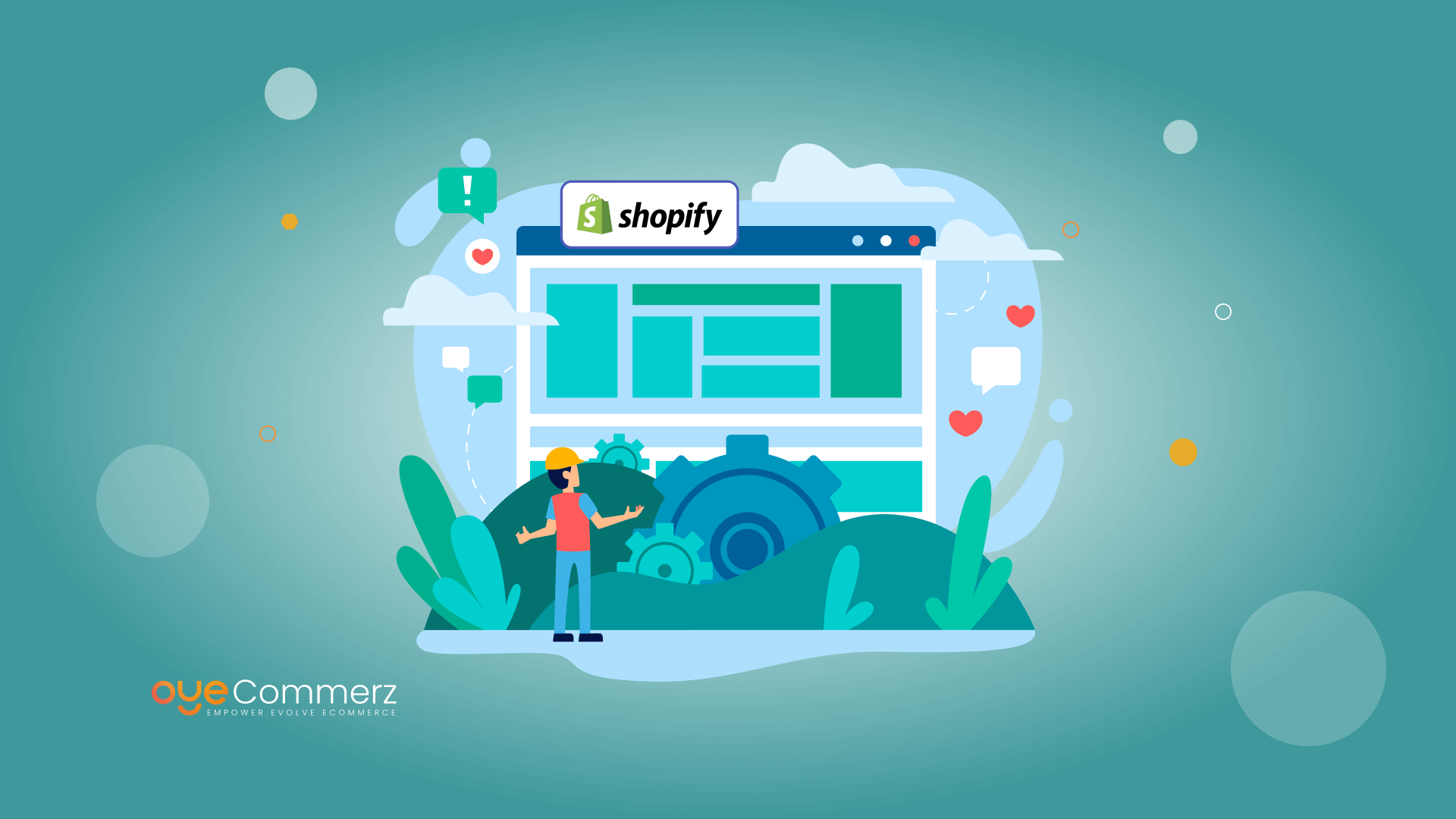Introduction
In the current competitive e-commerce environment, differentiating is paramount, and one of the best ways to set apart a Shopify store is through tailored app development. A robust Shopify app can boost store functionality, simplify processes, and elevate customer interaction. This article delves into essential aspects of Shopify app development, covering API integration and app ecosystem to scaling strategies and promotion methods, providing a roadmap for companies looking for unmatched store efficiency.
The Importance of Shopify API Integration
Shopify’s API offers robust tools to personalize and expand store capabilities. With GraphQL and REST APIs, developers can retrieve information to build applications that manage inventory management, order handling, and customer information management seamlessly. Using Shopify’s API can enable improved workflow automation and enables stores to assist shoppers more efficiently.
Utilizing the Polaris Design System
Polaris is Shopify's set of design guidelines for designing intuitive and easy-to-use Shopify apps. By following Polaris guidelines, developers ensure that apps integrate smoothly within the Shopify Admin interface. This provides a cohesive look and feel that resonates with Shopify merchants, promoting ease of use and comfort for merchants utilizing your tailored app.
Understanding the Shopify App Ecosystem
The Shopify app ecosystem offers endless possibilities for enhancing online stores. From handling order fulfillment to increasing customer interaction, apps in this environment are designed to meet diverse business needs. Familiarizing with this system assists developers in finding unique app ideas and enables smooth connections of third-party services that add value to the store.
Developing Embedded Shopify Apps
Embedded apps integrate directly within the Shopify Admin, allowing a seamless experience for merchants. They allow merchants do not need to leave their Shopify dashboard, simplifying their process. Using Shopify App Bridge and embedded app capabilities is recommended for offering a cohesive, integrated user environment.
Using Node.js and React for Shopify Apps
Node.js and React have emerged as ideal tools for Shopify app creation. This server-side framework enables efficient server-side applications, while React enables interactive and adaptive front-end user interfaces. Combined, they provide an excellent framework for building fast, growth-ready Shopify apps that enhance store performance and customer engagement.
Webhooks in Shopify Apps
Webhooks enable instant data updates between Shopify and an outside application. They trigger events such as order creation or stock changes and send instant notifications to your app. By implementing webhooks, apps can provide up-to-date insights for store owners, streamlining workflows and boosting productivity.
Engaging Customers Through Digital Marketing for Shopify Apps
To ensure Shopify app success, connecting with users is crucial. Utilizing digital marketing strategies like SEO, email marketing, and social outreach can drive app adoption. Additionally, designing apps with customer engagement in mind (e.g., loyalty programs or personalized suggestions) boosts user retention and satisfaction.
Making Your Shopify App Scalable
As e-commerce stores expand, so do their technology requirements. Ensuring that your app can scale to handle increased traffic, larger data sets, and more complex functionalities is critical. By improving server capacity and implementing scalable solutions, you can create apps that grow in tandem with a store’s success.
Essential Features and Maintenance for Shopify Apps
For an app to be useful, it should include essential features like user authentication, dashboard analytics, and support channels. Regular app upkeep, including updates to fix bugs and compatibility checks with new Shopify features, is vital to maintain uninterrupted performance and avoid interruptions to merchant workflows.
Conclusion
Custom Shopify app development offers immense opportunities for e-commerce stores, providing the chance to improve performance, simplify operations, and foster customer loyalty. From integrating APIs to ensuring scalability and customer interaction, creating a Shopify app involves careful planning and strategic execution. If you’re Leverage Shopify APIs prepared to unlock your store’s full potential, a tailored Shopify application may be How to use Polaris design system for Shopify apps the perfect choice. What capabilities do you see for your ideal app? Share your ideas and take the first step toward an optimized e-commerce journey!
